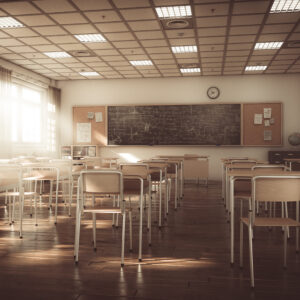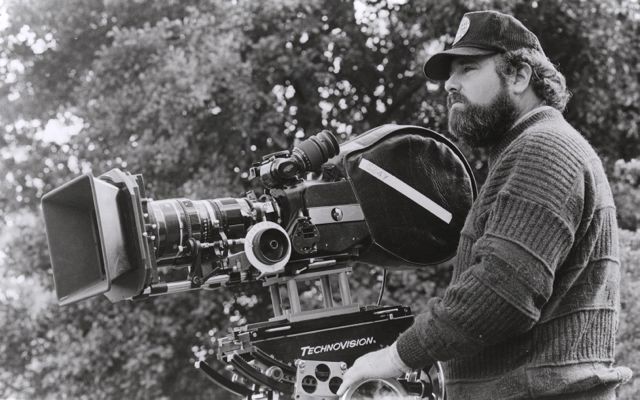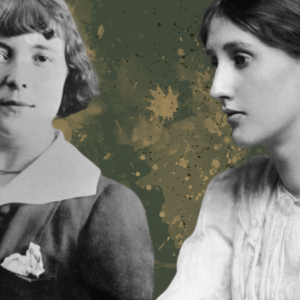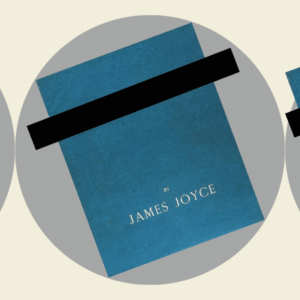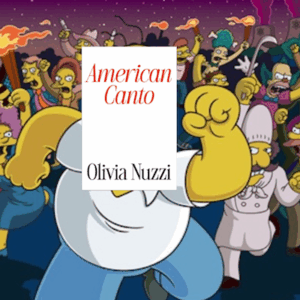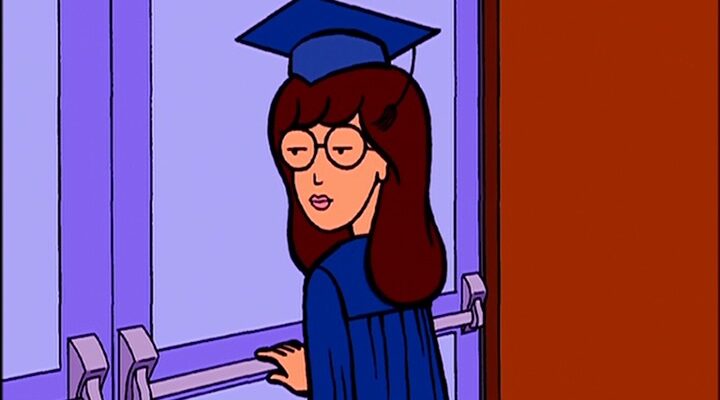
Americans' confidence in higher education has taken a nosedive.
According to a new Gallup poll, Americans are losing the thread with higher education. Confidence in college has taken a nosedive, with one out of three poll responders claiming they have “little or no confidence” in higher education. This contrasts sharply with a 2015 poll, when 57% of those surveyed claimed to to be fairly or “very” confident in the old hallowed halls.
Poll responders cited several reasons for a rising ambivalence. But among these, “pushing political agendas, not teaching relevant skills, and being overly expensive,” took the cake. The faith-ebbing trend holds true across all demographics surveyed. Though conservatives skewed quite a bit angrier as a block, with Republicans citing fear of liberal “indoctrination” as a big reason for foregoing four-year-ed.
Perhaps this news won’t shock you to your socks, considering the interlocking crises of 1) un-affordability, 2) fresh light on the scam that is student loans, 3) an unpromising job market with diminishing returns for un-STEM professions and 3) the many tortured varietals of “free speech” discourse. Every corner of academia is famously in trouble, from adjuncts to alumni.
And considering too how poorly students have been treated by the mainstream media, I’m personally hard-pressed to imagine the high-ed advocate who could claim full confidence in The University. Still, it’s striking that responders are citing more than material objections. Increasingly, to-college or not-to-college feels like an ethical question.
Even if today’s young person goes in knowing that their private college humanities degree could prove professionally useless, it was plausible till recently that such a degree could at least yield cryptic intellectual benefits.
In a 2020 piece for The New Republic, Dr. Wim Wiewel of Lewis & Clark University outlined three core goals of a liberal arts education: “to encourage lifelong exploration of the self and one’s own values; to develop the skills needed to embark on meaningful careers; and to prepare for full, and civil, participation in public life.” This rubric surely conveys the enlightenment-era tea yours truly was sipping, when I elected to take on a BFA for a six figure ticket price. But such benefits look starry-eyed from here.
These days, there are very different corridors for “civil participation.” And, thanks to an ongoing interrogation of office life under capitalism, the definition of a “meaningful career” isn’t static, either. “Public life” is increasingly siloed, too, in a country where large parts of the population fail to agree on basic tenets of reality. Let alone how schools should operate.
This is all to say: I get it, youth of America. Ad hoc classes plus robust hobbies plus library creepin’ plus learning a trade with a strong union looks more and more reasonable to me, as a life plan. And a(n unscientifically conducted) poll of the Lit Hub masthead seems to agree. But to each their own.
It could also be a matter of time. As the Gallup poll notes, confidence in community college and two year programs is up.
Image via
Brittany Allen
Brittany K. Allen is a writer and actor living in Brooklyn.









